FDCPA Litigation
FDCPA Litigation: Protecting You from Unfair Debt Collection Practices
At Auer Legal Services, we stand up for consumers who are being harassed or mistreated by debt collectors. Under the Fair Debt Collection Practices Act (FDCPA), there are strict rules about how and when debt collectors can contact you—and they can’t cross the line. If they do, you have legal rights and can take action.
Common Violations Under the FDCPA:
Harassment or threats (e.g., calling repeatedly or using abusive language)
Contacting you at inconvenient times (before 8 AM or after 9 PM)
False statements (misleading you about the amount you owe or pretending to be someone else)
Failure to validate the debt (not providing proof that you owe the debt)
Contacting you at work after being asked not to
If you’ve experienced any of these practices, you may be entitled to compensation. In many cases, debt collectors must pay your legal fees if you win the case.
At Auer Legal Services, we fight to ensure that debt collectors follow the law, and that you are fully compensated for any violations. Contact us today for a free consultation to discuss how we can help you stop the harassment and protect your rights.
Frequently Asked Questions
What is the Fair Debt Collection Practices Act (FDCPA)?
The FDCPA is a federal law that regulates the behavior of debt collectors, prohibiting abusive, deceptive, or unfair practices when attempting to collect debts. Violations can lead to litigation and compensation for damages.
What damages can I recover in an FDCPA lawsuit?
If successful in an FDCPA lawsuit, you may recover statutory damages up to $1,000, actual damages (such as emotional distress or financial harm), and reasonable attorney's fees and costs.
What types of bankruptcy are available for individuals and businesses?
Individuals typically file Chapter 7 (liquidation) or Chapter 13 (reorganization), while businesses may file Chapter 7 or Chapter 11 (reorganization). Our attorneys will help you understand which option best suits your financial situation and goals.
Can bankruptcy help me avoid foreclosure or repossession?
Absolutely. Filing bankruptcy often halts foreclosure proceedings and repossessions, allowing you to reorganize your debt or catch up on missed payments under a court-approved plan.
How do I know if a debt collector has violated the FDCPA?
Common violations include harassment, repeated calls, using threatening or obscene language, falsely representing the debt amount or legal consequences, and attempting to collect debts not owed. Consulting an attorney can clarify if your rights have been violated.
Can the Federal Trade Commission (FTC) assist me with unfair debt collection practices?
Yes, the FTC investigates widespread debt collection abuses and enforces compliance. While the FTC doesn't represent individual consumers, its actions can support private litigation and lead to broader regulatory enforcement.
Will filing bankruptcy stop creditors from calling me?
Yes. Once you file bankruptcy, an automatic stay immediately goes into effect, prohibiting creditors from pursuing collection actions, including calls, lawsuits, wage garnishments, and foreclosures.
